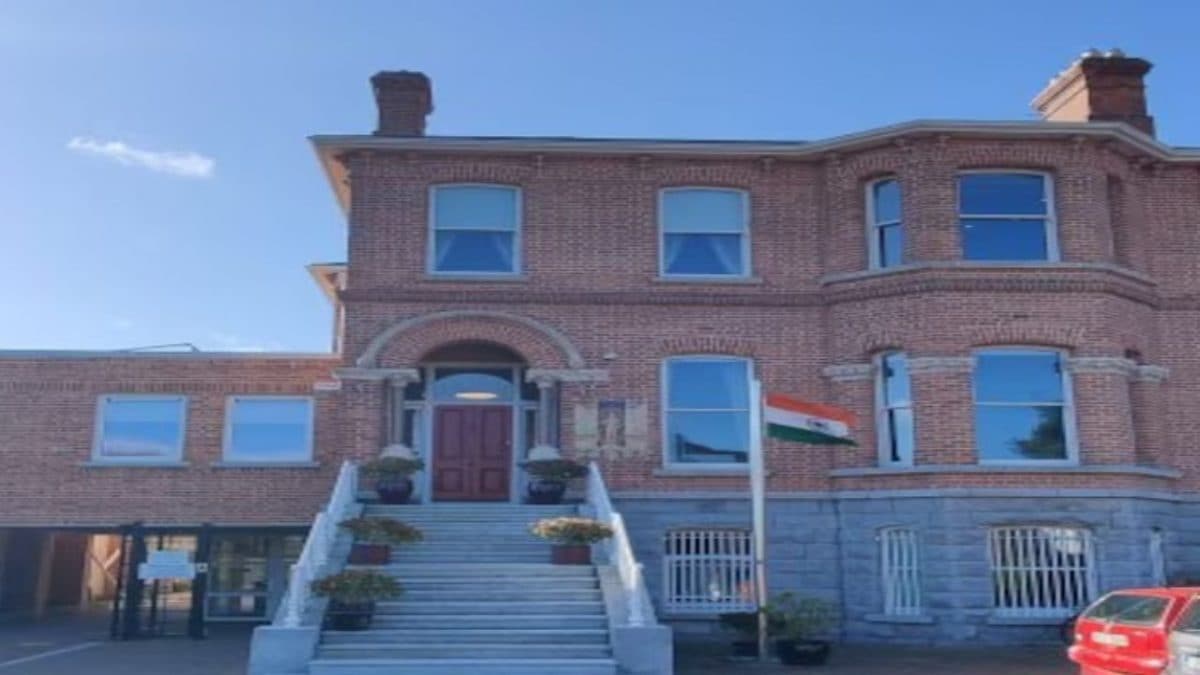

In light of a concerning increase in racially motivated assaults, the Indian Embassy in Dublin has issued a safety advisory to Indian citizens in Ireland, urging them to exercise caution and avoid deserted areas, especially during odd hours. This advisory comes in the wake of several attacks on Indian nationals, raising serious concerns about the safety and well-being of the Indian community in Ireland.
The embassy has acknowledged the rise in physical attacks reported by Indian citizens and has stated that it is in contact with Irish authorities regarding the matter. The advisory encourages all Indian citizens in Ireland to take reasonable precautions for their personal security. The embassy has also provided an emergency contact number (08994 23734) and email address (cons.dublin@mea.gov.in) for those who require assistance.
Several recent incidents have fueled these safety concerns. Notably, on July 19, a 40-year-old Indian man employed by Amazon, who had only been in Ireland for three weeks, was brutally attacked in Tallaght, Dublin. He was reportedly beaten, stabbed in the face, and partially stripped by a teenage gang. This assault is being investigated as a potential hate crime. In another incident, a 32-year-old Indian man, Dr. Santosh Yadav, sustained a fractured cheekbone and other injuries after being attacked by a group of teenagers near his Dublin apartment. Dr. Yadav described the assault as a "brutal, unprovoked racist attack" and believes that racist attacks on Indians are increasing across Dublin.
These incidents have sparked outrage and concern within the Indian community and among anti-racism advocates in Ireland. A "Stand Against Racism" protest was held by the local community in Tallaght to condemn the violence and show solidarity with migrants. Approximately 800 people participated in a march from Dublin City Hall to the National Gallery, carrying signs with messages such as "Say no to racism" and "Ireland is home". An online petition demanding justice for the victims of these attacks has garnered over 15,000 signatures.
Migrant advocacy groups have expressed concern over the rise in racially motivated assaults and have warned that inadequate police training makes it difficult for victims to report hate crimes. Teresa Buczkowska, CEO of the Immigrant Council of Ireland, stated that the Indian community appears to be a particular focus of these attacks, though they are not limited to that community.
The Ireland India Council has also raised concerns about the safety of the Indian community, stating that they are receiving daily reports of attacks in the greater Dublin area. The council has called for an immediate and coordinated state response, including formal recognition of hate crime status, a cross-departmental task force on hate crime and youth violence, and legislation to hold parents responsible for the repeated violent actions of their minor children.
Ireland is home to a significant Indian population, with an estimated 80,000 people of Indian origin residing in the country. Indians play key roles in Ireland's IT and healthcare sectors, as well as in engineering and senior management positions. Ireland has also become a popular destination for Indian students pursuing higher education. These attacks not only endanger the safety of individuals but also threaten Ireland's reputation as a welcoming and peaceful country.
Local political figures have also voiced their concerns. Fine Gael Councillor Baby Pereppadan emphasized the importance of recognizing the contributions of Indian people who come to Ireland to work, study, and provide critical skills in various sectors. People Before Profit's Paul Murphy stated that racist groups bear responsibility for these attacks.